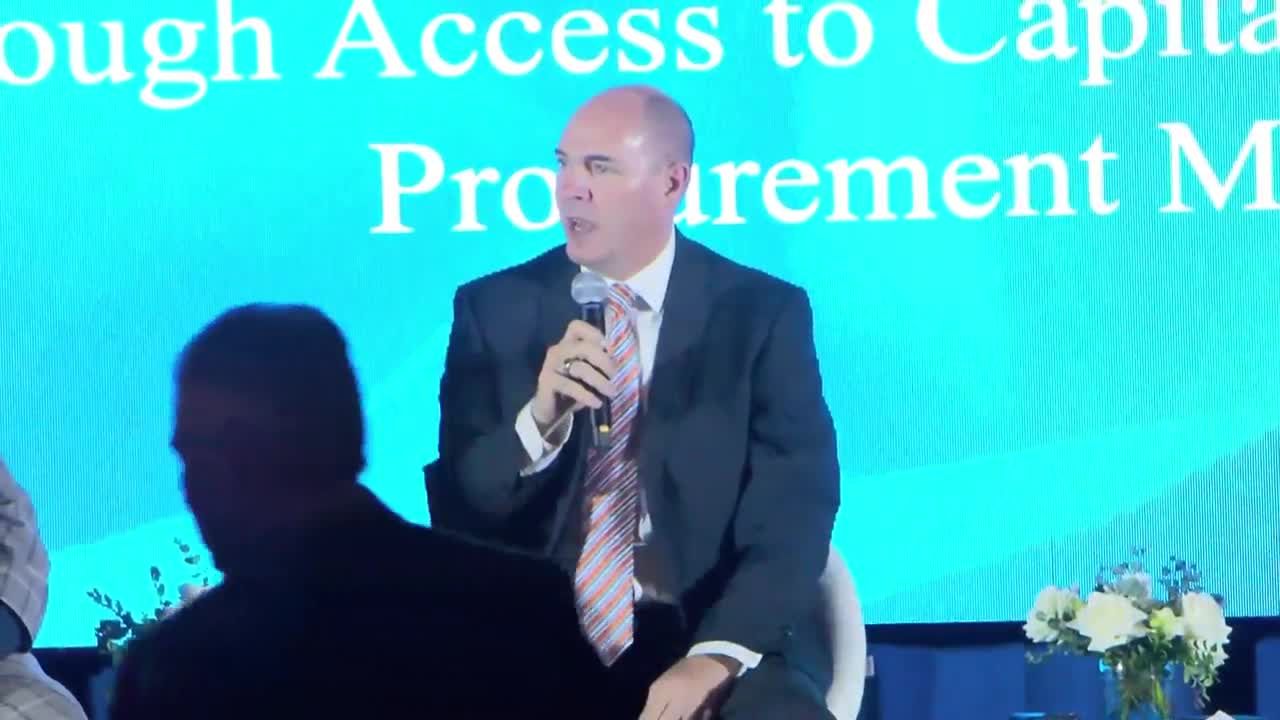Houston agencies outline procurement steps, prequalification and payment practices to help small contractors win work
Get AI-powered insights, summaries, and transcripts
Subscribe
Summary
Representatives from Houston Public Works, Metro and the Houston Airport System described procurement changes — prequalification pools, smaller contract packages and payment policies — meant to improve small‑firm participation in large public projects.
Agency leaders and prime contractors at a Houston symposium outlined specific procurement steps intended to expand opportunities for smaller firms on major public projects.
Public works and transportation agencies described a three-pronged approach: create prequalification pools to speed contractor selection, break large projects into smaller packages that small firms can bid on, and review payment timing so subcontractors can manage payroll and equipment costs.
"Over the next decade, public works will spend more than $16,000,000,000 on infrastructure improvements," the public works director said, urging prospective contractors to view that as opportunity and to register as city vendors. The director also said the department plans to stand up a vendor prequalification system to speed awards and to parcel large projects into smaller packages so more firms can participate.
Metro and the Houston Airport System described complementary steps
- Metro: Otis Johnson, director of economic opportunity, told attendees Metro uses small-business goals in procurement and emphasized quick payment for projects with such goals. He said the agency’s procurement standards and onboarding tools are tailored to help small firms identify where they fit and access training; Metro’s target payment timing for projects with small-business goals was discussed as a short‑turnaround policy to improve cash flow.
- Houston Airport System: Scott Hill said the airport is running multiple, grant‑funded projects across Bush, Hobby and Ellington airports and encouraged firms to subscribe to the Fly2Houston business‑opportunities email list and review the design criteria and bid requirements. Hill also pointed to sustainability and small mechanical/electrical opportunities such as solar PV, LED lighting retrofits and HVAC upgrades.
Prime contractor perspective
Greg Reyes of RayTech Resources described starting as a one‑truck subcontractor and said his firm now provides a contractor-funded small-business loan program to help subs avoid expensive invoice factoring. "We started this program because we found that a lot of folks... were paying 2 and a half, 3% on their invoice," Reyes said, and added that easier cash flow allowed the company to grow its pool of reliable subcontractors.
Practical advice for businesses
Panelists repeatedly urged firms to: register as city vendors; build banking relationships; keep clean financials and bookkeeping; attend industry days and pre‑bid meetings (agencies said they will offer in‑person and virtual options); and seek help from the Office of Business Opportunity and nonprofit counselors.
Ending
Agency officials framed the procurement changes as administrative — not legislative — steps to broaden competition. They asked businesses to prepare now for upcoming solicitations and to use prequalification, vendor registration and agency outreach as the first steps toward winning public work.
